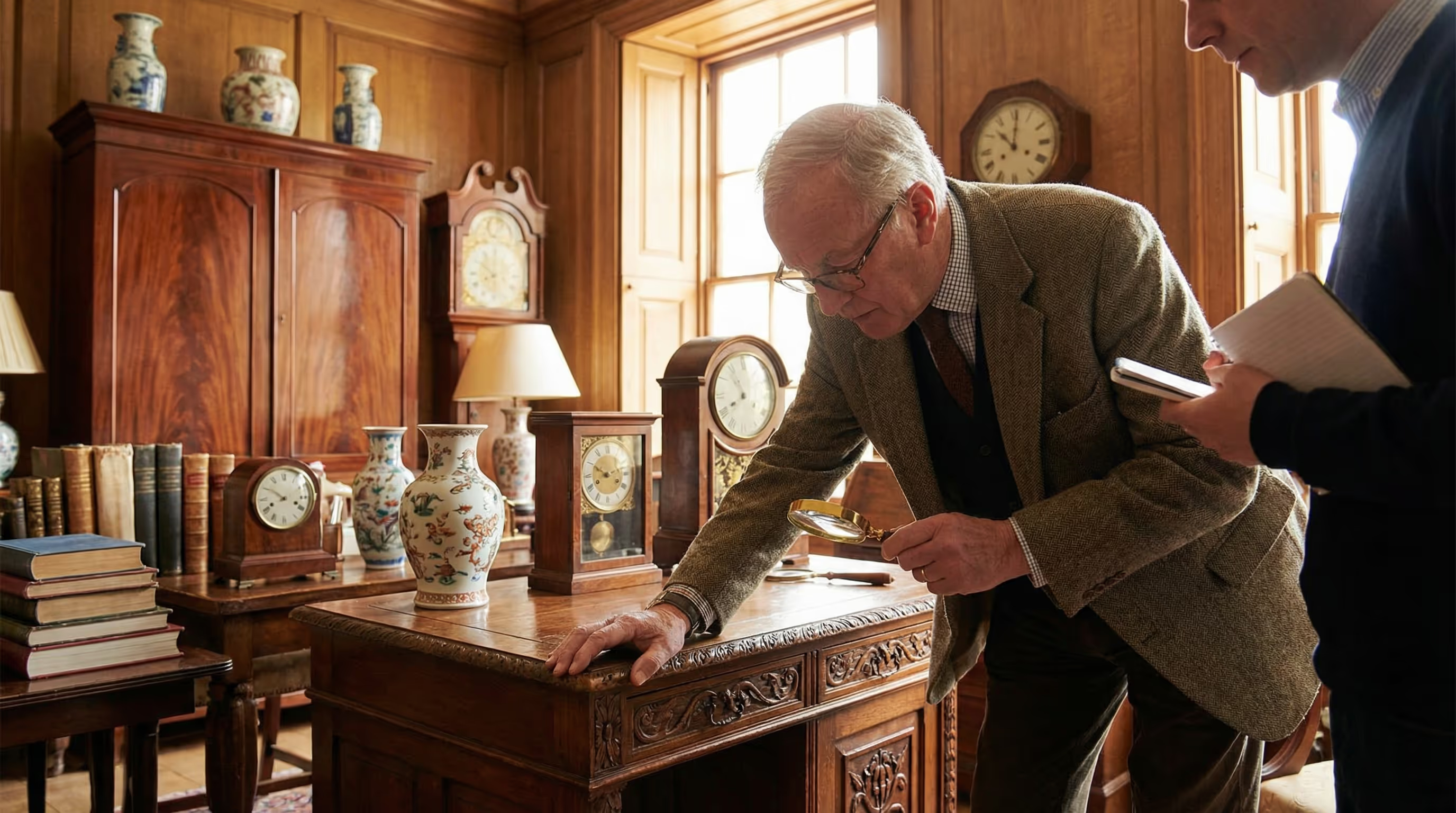How to Appraise a House Online
February 6, 2026
Whether you're considering refinancing, settling an estate, or need a property valuation for insurance purposes, learning how to appraise a house online has become an essential skill for modern property owners. You no longer need to wait weeks for a traditional appraisal when you need a home value estimate quickly. However, navigating the world of online home appraisal tools requires understanding their capabilities and limitations. While these digital platforms have sped up property valuation by offering instant estimates, they vary significantly in accuracy depending on your property type, location, and intended use. This guide will walk you through everything you need to know about getting an accurate online appraisal, when to trust the results, and when you'll need professional expertise.











